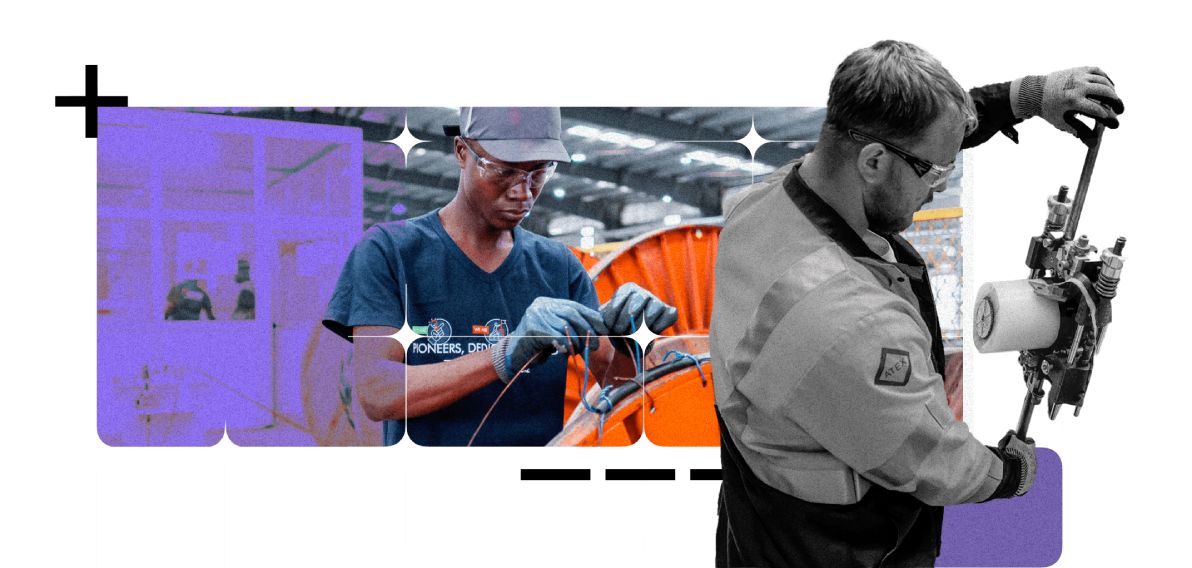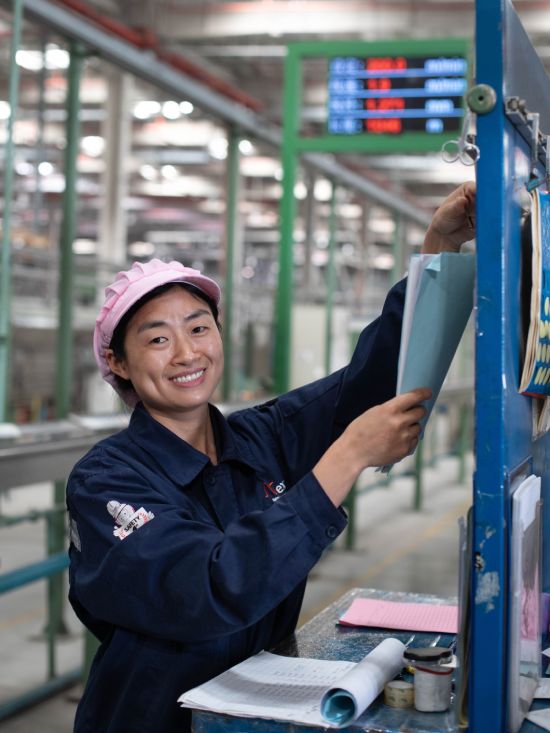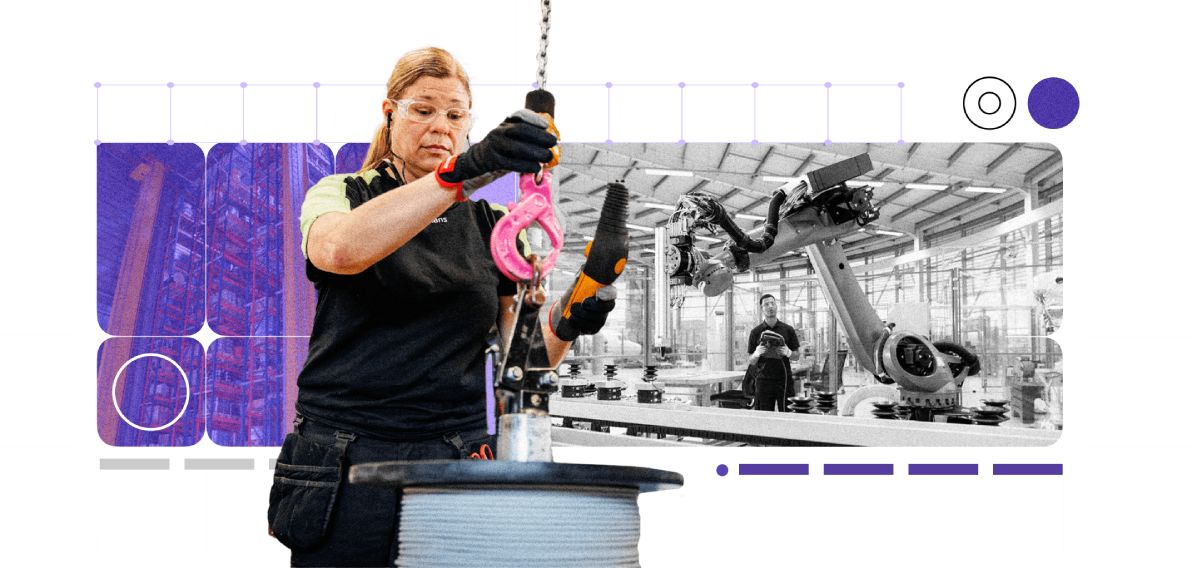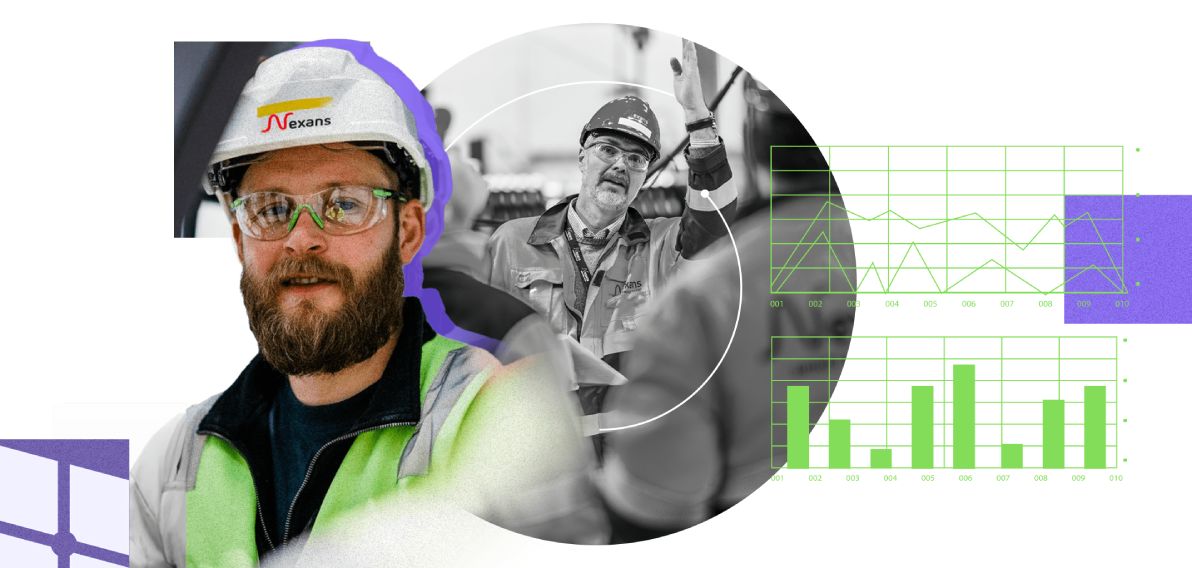What do railroads, state-of-the-art medical devices, household appliances and power grids have in common? The workers who make them. It is thanks to their hard work and sharp skills that we have all this equipment and infrastructure, which have revolutionized our daily lives.
Workers have been a force in our modern societies since the Industrial Revolution. Most of the conversation has revolved around the struggles and hardships they faced in the past, but it is also important to shine a light on the vital role they have played in humankind’s progress and accomplishments.
Workers have changed throughout history. They have also had a hand in shaping history. Notably through the profound transformations in society and technology that they have navigated. So many of humankind’s amazing achievements in the past three centuries—from railroads to space travel to hydroelectric dams to sweeping sustainable electrification—have come about thanks to them. And that will be the case, even more so, tomorrow.
Changing trades
Let’s take a quick look back. The place of workers in our societies has undergone radical changes since the end of World War II, from quantitative as well as qualitative perspectives.
- Their numbers have dropped. In the United States, for instance, manual workers accounted for 25% of the total workforce in 1960 and about 8.5% in 2017, according to the country’s Bureau of Labor Statistics. That steep decline led some intellectuals and policymakers to contemplate the idea of an entirely deindustrialized, worker-less society. In his 1991 book The Work of Nations, former Secretary of Labor Robert Reich argued that the U.S. was gravitating towards a “service economy” and would offshore the bulk of its industrial production. Now, however, it is clear why it makes sense to keep industry local and alive. The tide has turned towards reindustrialization and the vital role that workers play is back in the limelight.
- The tasks they do have changed too. Their jobs are increasingly technical and complex. Workers who specialize in a single repetitive task are on their way out and workers who have honed multiple skills through advanced training and years on the job are on the rise.
Safety, meanwhile, has risen up the agenda. The days when occupational accidents were quietly dismissed as inevitable are over: worker health and well-being matter more than ever and manufacturers are now aiming for zero accidents.







